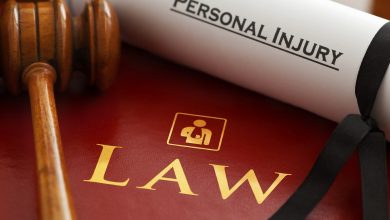Civil vs. Criminal Liability: What’s the Difference?
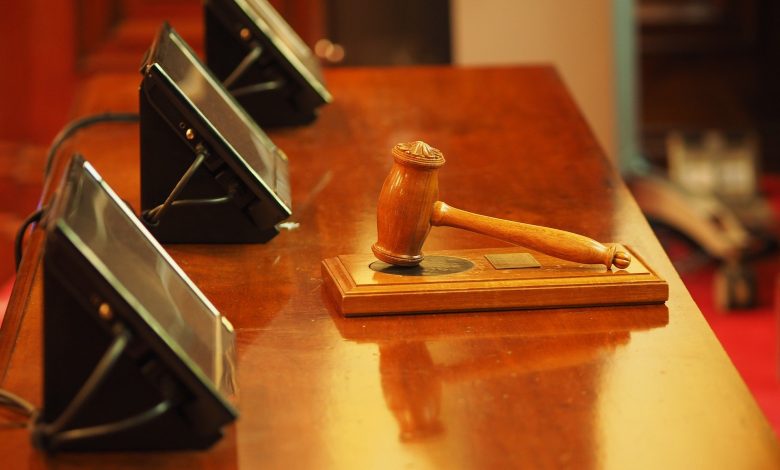
Civil vs. criminal liability and litigation cases greatly vary from one another. In 2004, Deborah Gurnett learned that the hard way when she tried to appeal two separate court decisions. Firstly, the government prosecuted Gurnett for vehicular manslaughter because the defendant drove her car while intoxicated and got into a fatal car crash. As a result, the court slapped Gurnett with a ten-year prison sentence. Secondly, the victim’s family filed a civil lawsuit. The judge awarded them with seven and a half million dollars in compensation for their losses. They added another thirty-five thousand dollars in punitive damages to punish Gurnett.
Subsequently, Gurnett filed an appeal. She argued that the ruling violated her constitutional rights. Namely, the Fifth Amendment’s Double Jeopardy clause and other due process requirements prohibit the government from prosecuting and/or punishing someone twice for the same crime. Law enforcement, though, only charged Gurnett with one crime (vehicular manslaughter). The civil litigation was brought forth by private persons (the deceased victim’s wife and children). Just as importantly, the prison sentence and punitive fines were separately incurred for criminal and civil violations, respectively.
When we compare civil vs. criminal liability and litigation cases, we will find several crucial differences between them. There are some notable similarities, too. For instance, defendants are always protected by their due process rights. In the same vein, the courts will certainly punish the guilty party, whether financially (civil lawsuits), physically (criminal cases), or both. Nonetheless, there are still several variations between the two litigation types, including who the prosecutors are and where the trial takes place.
Civil vs. Criminal Liability and Litigation: A Brief Overview
There are several differences between the two types of lawsuits, such as punishment, fines, and typical court venues. Yet civil and criminal litigation processes have some common ground. The government may also file charges that are related to both. Firstly, here are a few examples of civil litigation and lawsuits:
- Traffic tickets and fines
- Legal disputes over business and commercial problems
- Divorce and separation
- Work-related lawsuits (including on-the-job injuries, wrongful firings, and employment discrimination)
Criminal litigation, meanwhile, pertains to more serious offenses. To illustrate, here are the most common felonies and misdemeanor crimes:
- Smuggling, distributing, selling, and/or possessing illegal drugs
- Arson (destroying property by setting it on fire)
- Aggravated assault (which can either be a felony or a misdemeanor)
- Driving under the influence of alcohol and/or drugs (to clarify, a DUI/OVI charge’s status varies from state to state)
- Providing minors with alcohol (which, in the same vein, may be treated as either a felony or a misdemeanor)
Burglary, murder, auto-theft, and piracy are other crimes that offenders frequently commit.
Double Litigation
At times, defendants may face both civil and criminal charges for the same act. For instance, a thief fills a shopping cart with items and attempts to steal them from the store. On the way out, the security alarm detects the unpaid-for products and alerts personnel. The thief started running, and subsequently, they hit and injured an employee who attempted to stop them. They also damaged the main door as they fled the scene.
Next, the police caught the thief and filed criminal charges against them. The retail store similarly brought forward civil litigation, suing the offender for damages and the employee’s medical expenses. Sometimes, the victim may ask for compensation due to emotional injury and distress. To give a comparable example, an attacker harms a depression patient’s companion dog. The state will likely file animal cruelty felony charges against the abuser, while the victim could demand reimbursement for psychological injury in a civil litigation case.
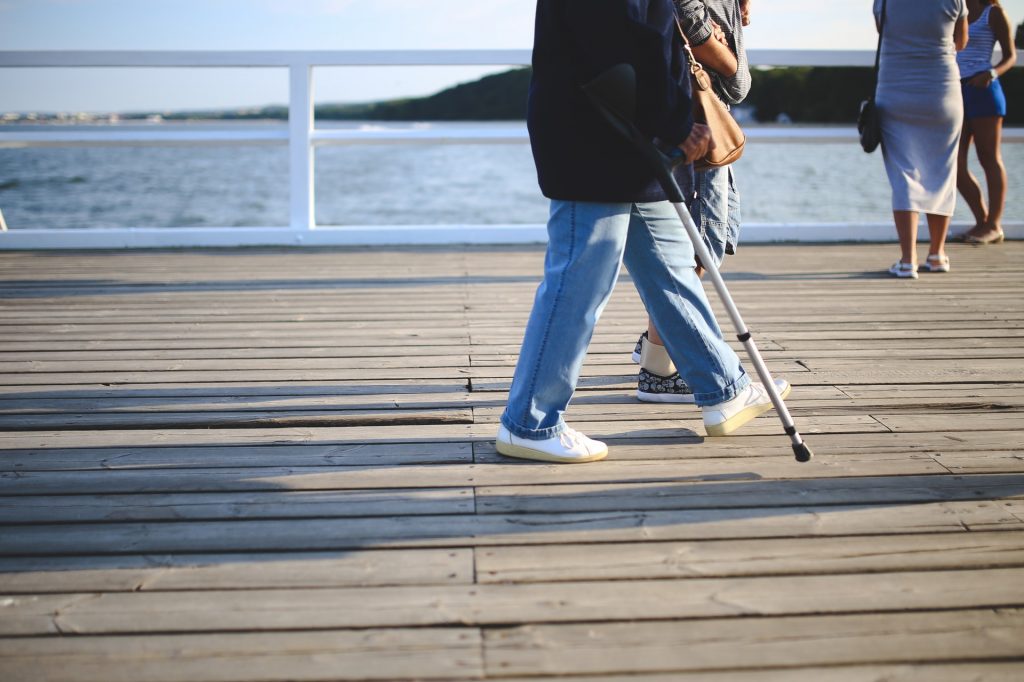
From Start to Finish
Although felonies and misdemeanors are much more consequential, civil and criminal lawsuits always start with a court filing. Once the plaintiff brings their accusations and evidence forward, the litigation process formally begins. In certain criminal cases, law enforcement initiates legal proceedings even sooner when they obtain a court warrant that permits them to search the suspect’s belongings.
Criminal charges may commence with an arrest. This rarely occurs during civil litigation cases. Either way, plaintiffs and defendants regularly negotiate throughout the legal proceedings. The parties in many civil disputes settle their disagreements outside the courthouse, without going to trial. Felons, on the other hand, may reach a proffer arrangement and, eventually, a plea bargain deal. Keep in mind, however, that the prosecution will always ask for a prison sentence and sizable fines when they have strong evidence against a suspected criminal.
To put it another way, a plea bargain or proffer agreement doesn’t always mean that the government will drop charges. Instead, they may lower them. Civil defendants, on the other hand, secure a settlement much more frequently than their criminal counterparts. Perhaps most importantly, felons and misdemeanor offenders are likely to go to prison. Civil violators may get arrested, but that barely happens. Yet a court could still levy punitive charges against defendants in civil cases. In a few words, punitive damages financially punish non-criminal offenders for breaking the law or a contract.
Civil vs. Criminal Liability: Punishment and Fines
Criminal suspects inevitably have a bigger mountain to climb in comparison to civil offenders. For a start, they may have to prepare for trial in jail, especially when the accused-felon’s friends/family cannot afford to bail them out. This makes it even more difficult to prepare a strong defense. Emotional and psychological support are critical during this time. With civil litigation, on the other hand, defendants are free to speak with lawyers and seek comfort from their loved ones.
Criminals awaiting trial might lose their housing, to begin with. Once they are booked into jail, the suspect’s criminal record immediately reflects that. Therefore, many companies will terminate the defendant’s employment. Mortgage lenders and landlords may do the same to their loan/lease. When prosecutors file felony or misdemeanor charges against a pre-trial detainee, that shows up in their background check, as well. In short, whether a suspect is incarcerated or not, a criminal lawsuit makes their life challenging in and out of jail.
Likewise, civil litigation appears on your record once the plaintiff files charges. The court’s decision on the case is public information, too. Yet unlike in criminal proceedings, civil defendants don’t run into as many hurdles. That is to say, employers don’t fire workers when they enter a civil lawsuit unless its job-related. For instance, if a restaurant chef gets sued because a customer from their previous workplace got food poisoning, their current employer might dismiss them. In the same vein, a mortgage lender may not care about a tenant’s divorce or a business-related lawsuit. However, housing providers will certainly be concerned when they learn that a tenant’s former landlord tried to evict them in court.
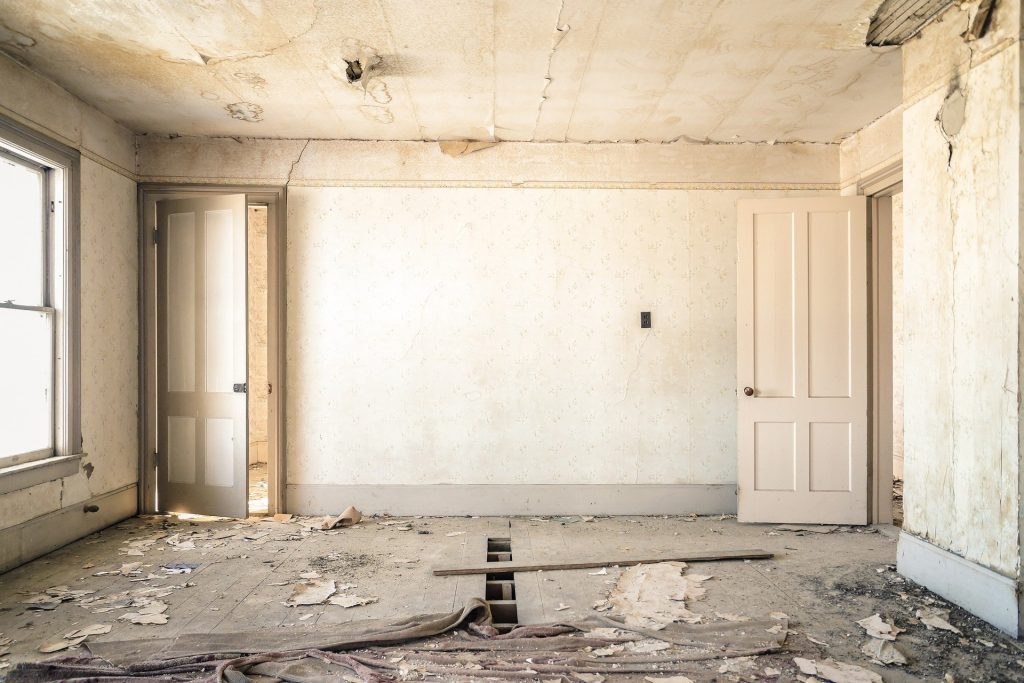
Civil vs. Criminal Liability: Punitive Damages vs. Prison
The whole point of the legal system is to punish wrongdoers and benefit society. In fact, courts discipline criminals and violators based on the community’s interests, not the plaintiff’s. To give an example, a violent offender goes to prison because they pose a threat to their neighbors and society, as a whole. The law imposes predefined civil and criminal penalties against specific violations. Some of them include mandatory minimum prison sentences and monetary fine schedules.
Although judges can’t reverse or change these rules, legal codes do give them discretion. To go back to our store thief example, state laws typically define both the prison sentence’s length and the amount of fines that a criminal has to pay for each individual illegal act (assaulting an employee, damaging private property, etc.). The court may send the thief to prison for a longer time, on top of the mandatory minimum. This is even more likely when the criminal acts in a reckless or undeterred manner.
An Equivalent Punishment
Civil defendants don’t face the threat of incarceration, but a judge might require them to pay hefty punitive penalties. To clarify, these fees are separate from the ones that federal and state laws outline. For a start, fines (such as a traffic ticket) are paid directly to the government. Meanwhile, courts award plaintiffs the punitive damages to punish the violator. Judges also have the discretion to raise this amount based on what they see suitable. Punitive fees rise when defendants purposefully break the law or act in a reckless manner.
To give an example, the thief may incur hefty punitive penalties if they kept assaulting the store’s employee, even though the latter was already seriously injured. In a similar fashion, courts levy sizable punitive fines if an offender intentionally violates civil rules and/or harms the victim. A restaurant, for instance, hides the fact that their products contain tree nuts in order to sell their products to allergic customers. One of the buyers mentioned to the owner that they had a severe allergy, but they lied to them about the ingredients. After that, the customer went to the hospital.
It is crucial to note that the business is liable for the medical costs. They must pay a standard fine amount for negligent food handling, as well. This is the case even if the owner mistakenly believed that their ingredients are nut-free. Nevertheless, the deliberately careless defendant subjected themselves to punitive tolls. The judge sets the amount based on what they find suitable. The legal system sends criminals to prison to protect the community and deter others from committing illegal acts. Equivalently, punitive levies act as a lesson and warning to other civil parties about breaking the law.
Civil vs. Criminal Liability: Other Costs
Public attorneys exist because, in general, legal help is very expensive. For that matter, civil and criminal lawyers are both financially demanding. Their average hourly rates range from one-hundred to three-hundred per hour. However, there are ways for plaintiffs and defendants, alike, to secure affordable or no-cost help.
Needless to say, the government doesn’t run into this problem since attorneys general on the federal and state levels are funded by taxpayer dollars. Otherwise, a defendant may always rely on a public lawyer, whether it’s in a civil or criminal lawsuit. The accused could, nonetheless, pay the plaintiff’s legal expenses if they lose the case. Prosecutors must similarly compensate the winning defendant. Whoever files the lawsuit also incurs court fees, but the loser has to reimburse them.
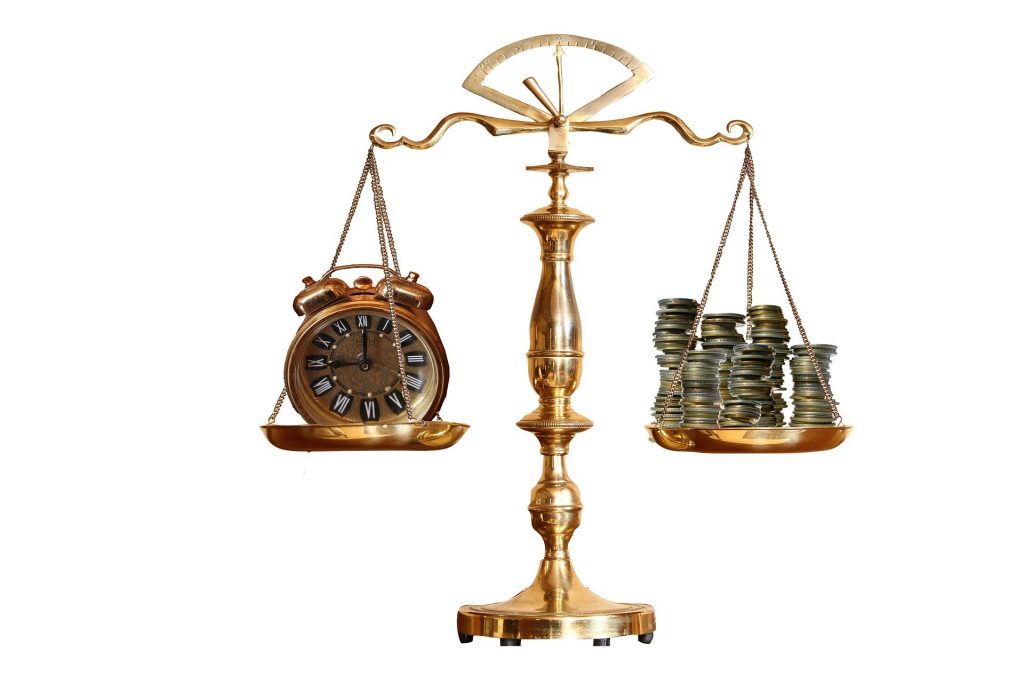
Who files the lawsuit and where? Civil vs. Criminal Liability, Plaintiffs, and Venues
The federal and/or state government always acts as the prosecutor in criminal cases. Typically, the federal government only gets involved in serious situations, such as murder and large-scale criminal operations. Keep in mind that some states may also have specifically defined punishments for severe crimes. Therefore, it is not uncommon to see state and federal law enforcement file their own, separate charges against criminals. Certain offenses, such as animal cruelty felony violations, are illegal across the United States. In spite of that, state-level officials enforce these laws and prosecute offenders.
Federal authorities limit their involvement to organized animal abuse (as an example) that takes place across state lines. The government could also file civil charges, including traffic violations and expired business permits. Municipal, county, and state courts primarily handle these cases. Federal agencies, however, oversee civil situations related to IRS filings, tax payments, employment/housing discrimination, and the usage of national parks. Otherwise, private individuals and entities are the plaintiffs in most civil cases. By the same token, civil vs. criminal litigation venues are separately determined. The former mainly depends on the scope of the dispute.
Federal and high-ranking state judges hear class action lawsuits (where a business’ or entity’s practice/product harms a big group of people) and disagreements between large corporations. Small-claims courts, meanwhile, settle issues that include small debts (unpaid loans from friends/family members), customer billing complaints, and comparatively minor issues. Criminal defendants, meanwhile, will very likely go to federal court, even if they caused minimal damage. Besides that, state, county, and municipal judges decide on local criminal cases.
Civil vs. Criminal Liability and Litigation: Similarities
A defendant’s constitutional rights still apply during both civil and criminal lawsuits. Namely, they are entitled to a fair due process. In other words, the accused has access to a lawyer and the option to appeal the court’s ruling. Furthermore, plaintiffs must appropriately serve the suspect and gather evidence in an admissible way. In short, your rights are protected throughout civil and criminal cases, alike.
The Right Process
First of all, when someone files charges against a suspect, they must properly serve them. In short, this means that the prosecution needs to ensure that the defendant is aware of the lawsuit. The plaintiff may send the court notice via certified mail. They could also pay the sheriff’s department. In turn, an officer with a body camera delivers the summons notice to the other party. Yet this method of service depends on your state/county’s rules.
Thereafter, the law mandates that defendants have a reasonable amount of time to formulate their case. In every legal battle, whether its civil or criminal, both sides have the right to hire and retain a lawyer. When the accused can’t afford one, the court appoints a public attorney to represent them. Subsequently, the lawyer may negotiate with the plaintiff, communicate with the court, and present the defendants’ case during the trial. The client can refuse to answer any questions or give statements before they consult with their attorney.
If either party believes that the judge made an unfair decision, they have the right to appeal it. Keep in mind, though, that the Double Jeopardy Amendment restricts what the government can do in a criminal case. For example, state and federal prosecutors may not appeal a decision, although civil plaintiffs could do so. The law also prohibits judges from levying excessive fines against criminals. Meanwhile, when they find a defendant guilty in a civil case, the court can estimate punitive and actual damages more flexibly.
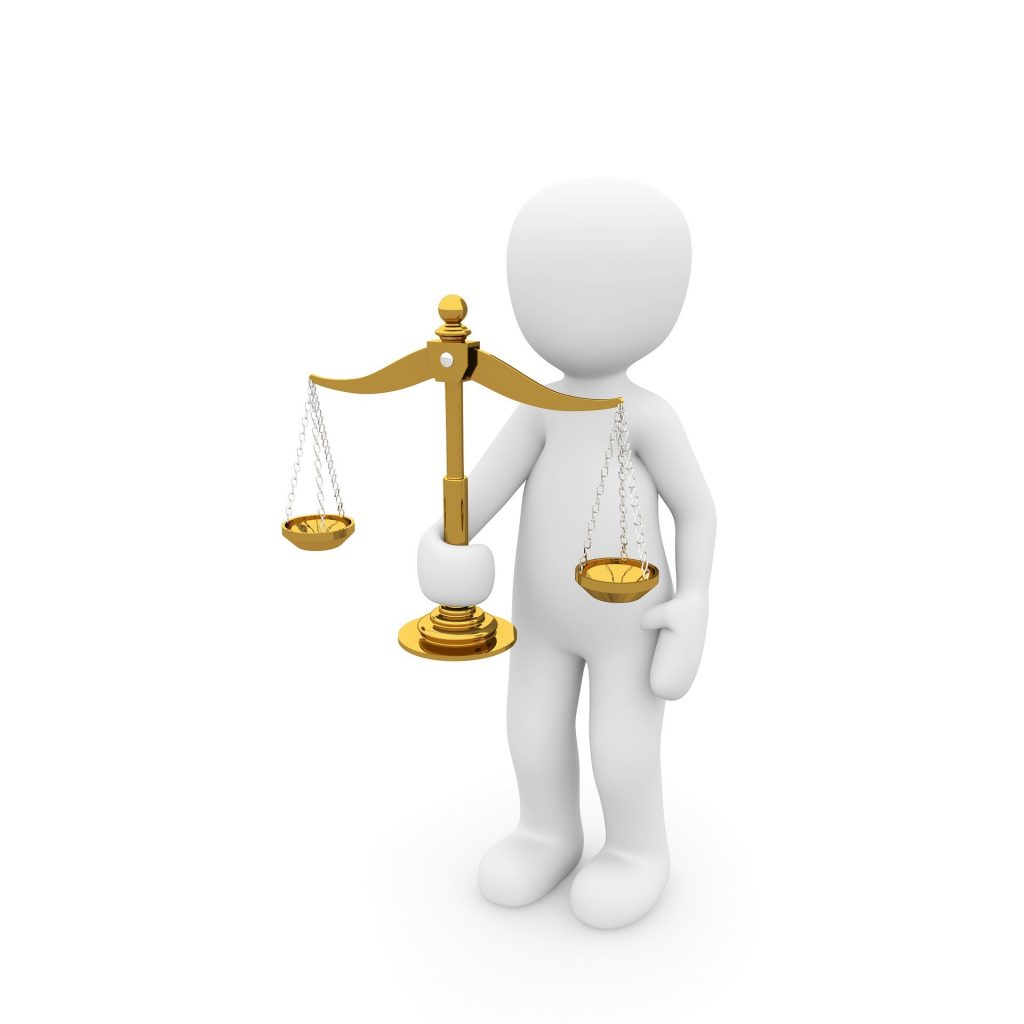
Civil vs. Criminal Liability: What happened to Deborah Gurnett’s appeal?
Despite that the court fined Gurnett seven and a half million dollars, she primarily appealed the thirty-five thousand in punitive fines. The courts still rejected her argument. Why? Gurnett certainly had a right to due process. The Fifth Amendment also protected her from receiving two punishments for one crime. Above all else, she did have a fair trial from the beginning. The court honored that and gave Gurnett the opportunity to appeal the initial ruling.
Her big mistake, however, was that she couldn’t make a distinction between civil vs. criminal liability and litigation. The two of them may have plenty of similarities, but the law treats them as separate lawsuits. If you are a defendant in a civil or criminal case (or both), you should also approach each one individually. Dealing with two lawsuits is certainly hard, but adding two more appeals into the mix, let alone having all of them rejected, is far from desirable.



